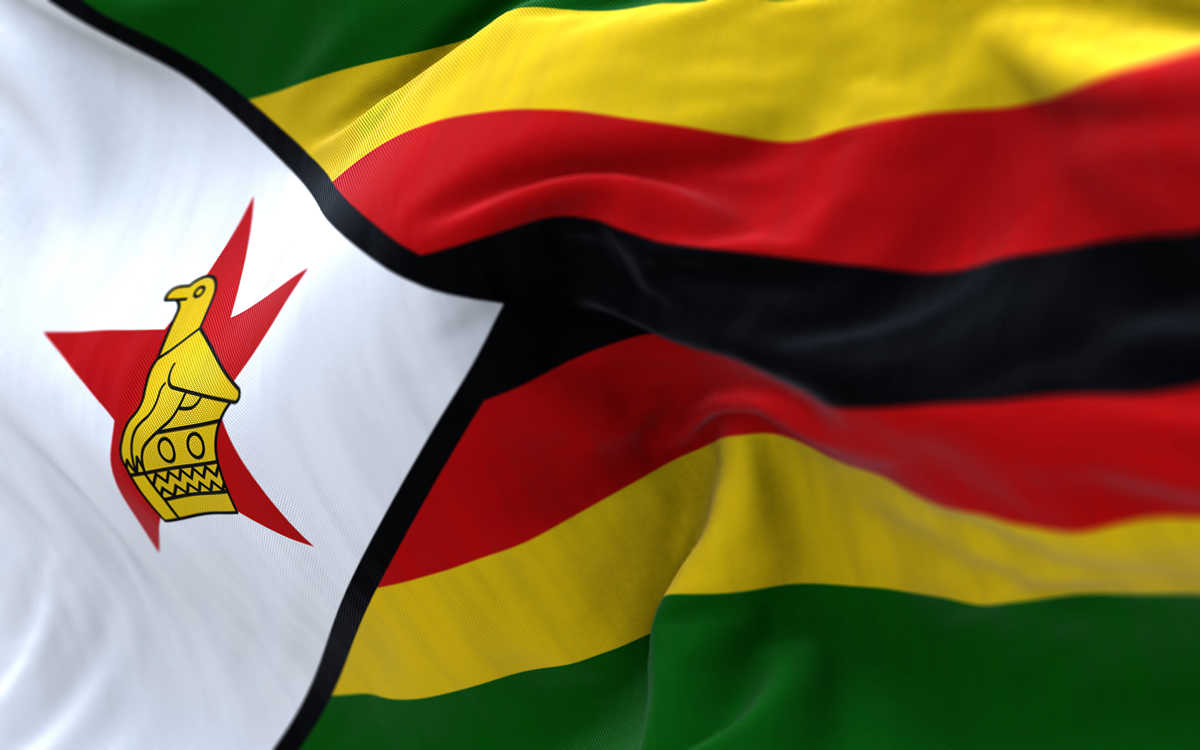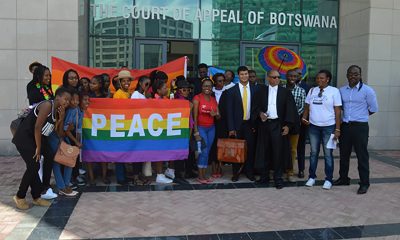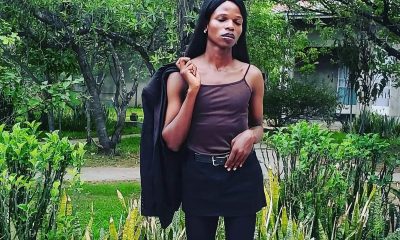Zimbabwe
Gay Zimbabwean couple charged under country’s sodomy law
Two men face year in prison after Aug. 27 arrest

Two gay men in Zimbabwe are facing a year in prison after authorities charged them under the country’s sodomy law.
The National Prosecuting Authority says Tavimbanashe Chawatama, 28, and Leonard Nyakudya, 25, appeared in the Harare Magistrates’ Court on Sept. 2.
The NPA said the men began a relationship last August, lived together, and at times recorded themselves having sex. The couple on Aug. 27 had an altercation involving infidelity, which prompted one of the men to move out of the house. One of them was accused of stealing money as he was about to leave, which prompted the police to respond.
The two men while filing reports at the police station inadvertently provided details about their relationship and living arrangements, which resulted in their arrest for sodomy.
The men have been granted a $50 bail. Their sentencing is expected this month.
HQ Collective ZW, a Zimbabwean advocacy group, said the NPA treated the men unfairly, noting the police ignored their initial reason for approaching them.
“The issue that was reported and the issue that they are being prosecuted for is a direct reflection of how the LGBTQ community in Zimbabwe is stripped of its human rights. It’s unjust and unfair,” said the group. “We have had cases of sexual assault, corrective rape, pedophilia, and gender based violence within the community, but the community can never take these issues to the police because at the bottom of it, awaits the prosecution of LGBT individuals despite the circumstances at hand.”
Section 73 (i) of the country’s penal code states “any male person who, with the consent of another male person, knowingly performs with that other person anal sexual intercourse, or any act involving physical contact other than anal sexual intercourse that would be regarded by a reasonable person to be an indecent act, shall be guilty of sodomy and liable to a fine up to or exceeding level 14 or imprisonment for a period not exceeding one year or both.”
Pakasipiti, another Zimbabwean advocacy group, said LGBTQ people in the country constantly need to prove their humanness.
“When the human rights discourse is juxtaposed with developmental agendas it loses its luster,” said the group. “We see the far reaching effects of discrimination from entities such as religious groups and anti-rights groups purporting to protect the family. The lives of people are easily turning into song and dance against another’s humanness.”
“As minority groups and people who have had to analyze and criticize one’s own existence, our understanding of oppression is not hinged on propaganda nor the subjective moral compasses of the masses. Queer people, more so, LBQ (lesbian, bisexual, queer) women have the burden of proving their humanness twice, if not thrice, to other women too,” added Pakasipiti.
Pakasipiti added it is “constantly reviewing our politics, work and organizing to be cognizant and accommodating of the nuances that we experience and must challenge.”
“Our work is to ensure that LBQ women are respected and understood within the Zimbabwean society,” it said. “It is neither to beg for recognition. We are, unashamedly, unapologetically, queer Zimbabwean citizens.”
Although the existence of the LGBTQ community is well known in Zimbabwe, there is currently a huge backlash against this acknowledgment that makes many LGBTQ people and activists vulnerable.
Hate speech and arbitrarily arrests are common in most parts of the country because of religious and cultural beliefs.
Zimbabwe currently does not have a law that specifically targets LGBTQ people. Some politicians and religious leaders, however, support one.

-

 U.S. Supreme Court1 day ago
U.S. Supreme Court1 day agoSupreme Court to consider bans on trans athletes in school sports
-

 Out & About1 day ago
Out & About1 day agoCelebrate the Fourth of July the gay way!
-

 Maryland4 days ago
Maryland4 days agoSilver Spring holds annual Pride In The Plaza
-

 Opinions4 days ago
Opinions4 days agoSupreme Court decision on opt outs for LGBTQ books in classrooms will likely accelerate censorship











